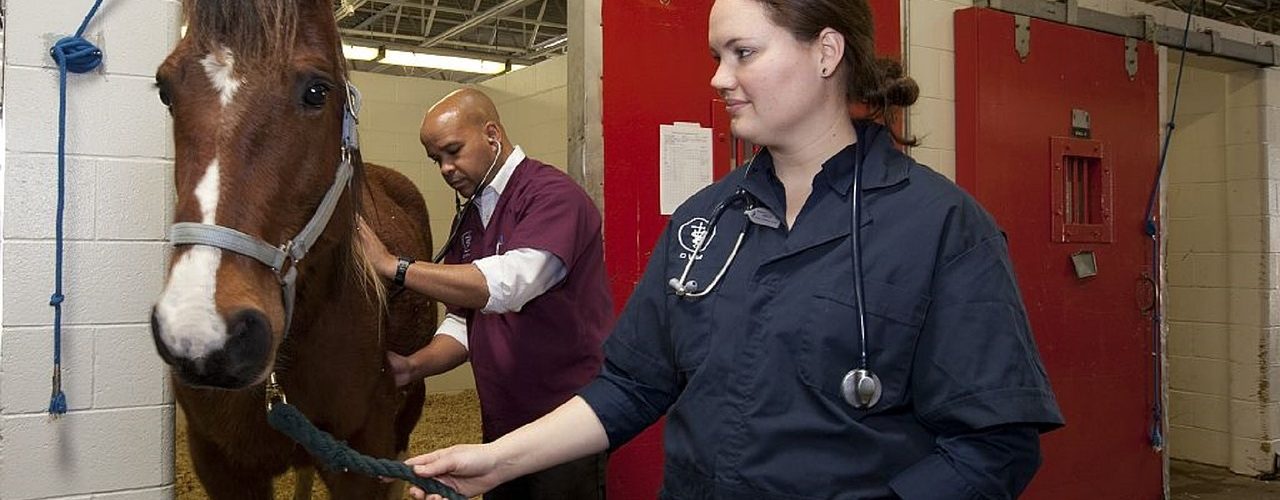The University of Arizona is working to open the state’s first public college of veterinary medicine and wants to start enrolling students by fall 2020.
“Arizona has a real need to have a college of veterinary medicine,” Julie Funk, dean of the College of Veterinary Medicine said. “Most Arizona residents have to go out of state to get their veterinary education.”
UA has been working to open a veterinary medicine program for years but has yet to receive accreditation from the American Veterinary Medical Association’s Council on Education.
In 2014, UA applied for approval from the American Veterinary Medical Association but failed to receive the “letter of reasonable assurance,” which is the first step towards receiving accreditation because the association had concerns over the program.
Since then the school has hired Dean Funk, along with Mark Cushing, a consultant who has helped other universities successfully receive accreditation.
UA reapplied in 2017 and will find out if they receive the letter of reasonable assurance in September.
“We submit a self-study regarding the different standards that we have to meet for accreditation, and we did that in the middle of March, then the [association] sends a team to do an onsite visit with us,” Funk said. “The biggest challenge for us is a patience issue, the committee that votes on giving us the letter of reasonable assurance only meets twice a year…so we have to wait until September to find out the official vote. Once we find that, we can start to accept student applications to the college.”
According to Funk, opening a veterinary school in Arizona would help in multiple ways by providing an affordable option to study animal-medicine and addressing the veterinary shortage.
“The state of Arizona, along with most of the nation, has a real shortage of veterinarians,” Funk said. “There’s a lot of open positions right now that just can’t be filled. [Our school] will fill a real need. Also, there are some underserved areas of veterinary medicine, particularly in rural areas. We’re helping to serve those communities as well.”
According to the United States Department of Agriculture, there are four veterinarian shortage areas in Arizona, three of which are in rural areas.
Funk said that to help address the shortage, the school will give its students a distributive clinical year where they will work in private practices across the state. She thinks it will go towards helping the shortage by simplifying the post-graduation recruitment process.
“We think that’s going to help a lot because it’s going to give Arizona practices the ability to really vet prospective employees and recruit them into their practices,” Funk said. “It’s incredibly exciting to think about having the first class of students join us.”
















Add comment